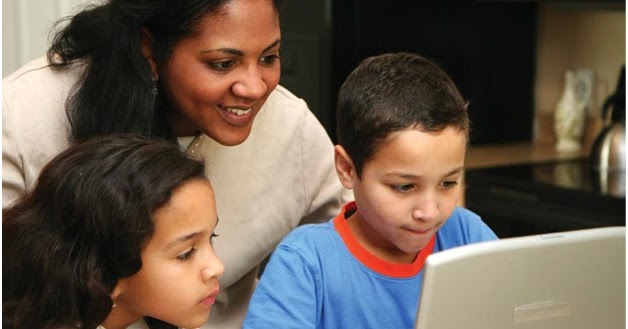
Helicopter Parenting and the Montessori Method
September 24, 2024
Helicopter Parenting and the Montessori Method represent two very different approaches to raising and educating children.
Helicopter Parenting:
Definition: Helicopter parenting refers to a style of parenting where parents are excessively involved in their children’s lives. They often hover over their children, making decisions for them and managing many aspects of their lives to ensure they succeed or avoid failure.
Characteristics:
- Over-Involvement: Constantly overseeing and intervening in children’s activities and decisions.
- Problem-Solving: Solving problems for the child rather than allowing them to handle challenges independently.
- High Expectations: Imposing high expectations and pressure on children to achieve.
Potential Effects:
- Reduced Independence: Children may struggle to develop problem-solving skills and self-confidence.
- Increased Anxiety: High levels of parental involvement can lead to stress and anxiety in children.
- Dependency: Children may become overly reliant on their parents for guidance and decision-making.
Montessori Method:
Definition: The Montessori Method is an educational approach developed by Dr. Maria Montessori. It emphasizes child-centered learning, where children are encouraged to take an active role in their education and make choices based on their interests and developmental needs.
Characteristics:
- Child-Centered Learning: Children are given the freedom to explore and learn at their own pace within a structured environment.
- Independence: Emphasis is placed on fostering independence and self-direction. Children are encouraged to make choices and take responsibility for their learning.
- Prepared Environment: The learning environment is carefully designed to be engaging and accessible, with materials and activities that promote exploration and discovery.
- Respect for the Child: The approach values each child’s individual interests and developmental stages, allowing them to follow their natural curiosity.
Benefits:
- Enhanced Independence: Children develop confidence and self-sufficiency by managing their own learning and activities.
- Intrinsic Motivation: Learning is driven by the child’s interests and intrinsic motivation rather than external rewards.
- Problem-Solving Skills: Children are encouraged to think critically and solve problems on their own.
Comparison:
Helicopter Parenting vs. Montessori Method:
- Parental Involvement: Helicopter parenting involves high levels of parental control and intervention, whereas the Montessori Method encourages parents to support and guide without controlling.
- Child Autonomy: The Montessori Method promotes autonomy and self-directed learning, while helicopter parenting can inhibit a child’s ability to make independent decisions.
- Focus on Independence: Montessori education emphasizes fostering independence and self-reliance, whereas helicopter parenting can result in dependence on parents for decision-making and problem-solving.
In Summary:
- Helicopter Parenting often limits a child’s ability to develop independence and problem-solving skills due to excessive parental control.
- The Montessori Method encourages children to explore, learn, and make decisions independently within a structured and supportive environment.
Integrating elements of the Montessori approach by montessori schools into parenting can help balance guidance with allowing children the freedom to grow and learn on their own.


